Fulvic Acid for Hair Growth: The Science Behind the Revolutionary Ingredient
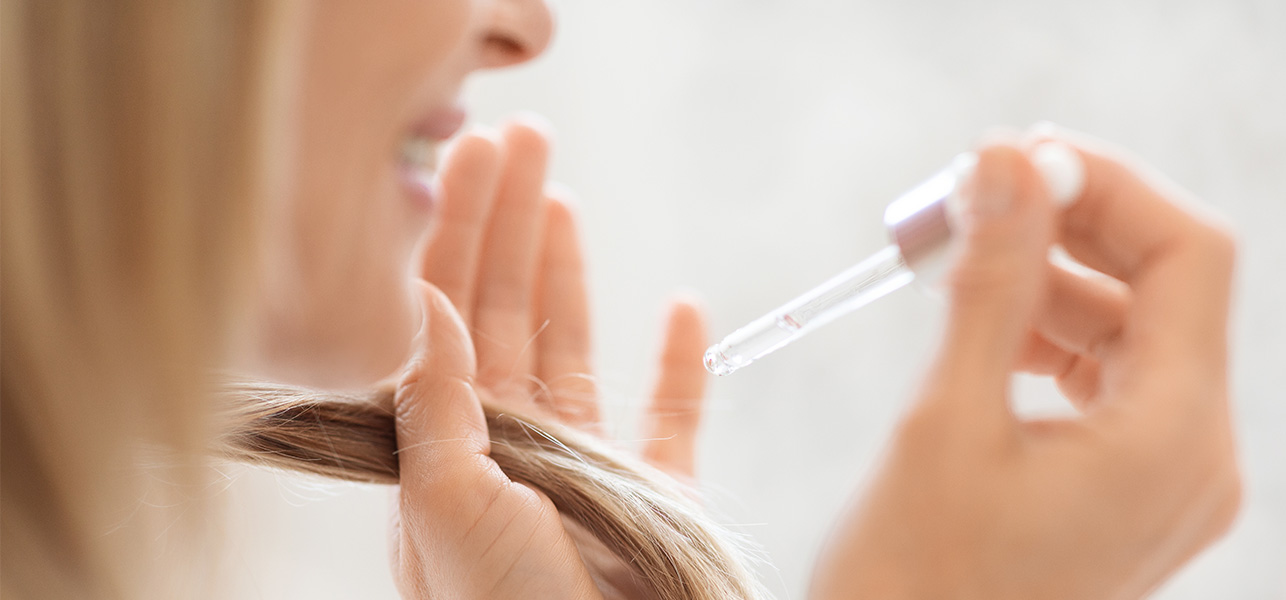
A list of fulvic acid benefits makes it a popular purchase among men and women, including its role in hair and skin health. In this article, we document what fulvic acid is, how it works, and whether the rumors about this star ingredient are true.
Millions of people around the world experience thinning hair, a receding hairline, and severe hair loss. Fortunately, several studies identified a naturally-occurring chemical compound that helps reduce hair thinning and increase hair growth.
This organic material is found in rocks, minerals, and peat moss and is formed when plants and animals decompose.
It takes many centuries of plant life breaking down before it becomes potent enough for usable form, which could, according to scientists, boost hair’s natural keratin while it repairs the scalp and locks.
It also has surprising benefits that go beyond your cells, hair, and skin. Keep reading as we discuss fulvic acid benefits that might encourage thicker locks.
What Is This Magical Natural Compound to Have All These Health Benefits?
It’s fulvic acid – one of two strong acidic (pH 1) organic polymers derived from soil, sediment, or aquatic locations.
It comes from humus (not to be confused with your favorite chickpea spread), an organic, nonliving matter in soil that comes from the decomposition of plants and animals.
Fulvic acid might have several positive effects on human health. For instance, it might even help block reactions in the body that cause symptoms of an allergic reaction.
It’s even showing promise in medical conditions like eczema and non-related ones like gut health and the immune system.
Also, fulvic acid seems to have antioxidant effects. Studies show that fulvic acid beverages can be a good source of polyphenolic compounds, boasting high antioxidant activity. Antioxidants are substances that help protect your cells from free radical damage.
In turn, antioxidants aid disease prevention.
Fulvic acid not only has significant benefits to overall wellness but hair growth too. This is especially true for women who experience hair loss, have severely damaged hair, or have scalp conditions.
What Is the Fulvic Acid?
Fulvic acid is what we call a humic substance. It is a naturally-occurring compound that forms through geochemical and biological reactions as plants and animals break down.
It is said to have a wide range of health-promoting properties, from reducing oxidative stress to improving gut function. Plus, it’s a known detoxifier. Fulvic and humic acids help to remove toxins and waste that stop the body from absorbing essential nutrients.
Many people use fulvic acid-containing products to improve skin health. That’s because fulvic acid has antifungal, anti-inflammatory, and antimicrobial abilities. It may help to treat or improve conditions like eczema and psoriasis.
It’s also found in hair products, providing your body with the proper building blocks to naturally enhance the hair’s ability to grow.
You can also take fulvic acid in supplement form.
How Does Fulvic Acid Help Hair Growth?
Thousands of people report that this new natural compound allows them to enjoy thicker hair and reduce hair loss symptoms.
Of course, many people are highly skeptical of this new solution. Does it really work, and what is the science behind these natural origins?
That’s why Health Insider’s medical team takes a detailed look at this breakthrough today.
At first, it’s essential to understand when hair growth is most active. The time it takes for hair to grow is different for everyone, but we all experience the growth cycle.
The cycle is made up of 3 separate stages:
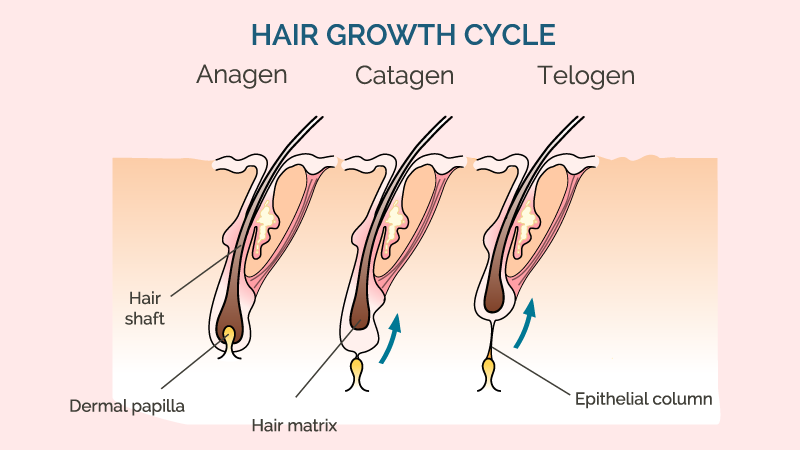
Advertisement
The Anagen Stage – the Period of Hair Growth
During this process, the cells in the hair bulb divide rapidly, creating new hairs.
Hair actively grows from the roots for around 2-7 years on average before the follicles become dormant. During this time, hair can grow anywhere between 18-30 inches!
This phase length depends on your maximum hair length, which varies between people due to genetics, age, health, and many more factors.
At any time, about 80 percent to 90 percent of the hairs on our head are in the anagen phase.
The Catagen Stage – the Regressing Phase
The catagen phase begins when the anagen phase ends. This period is short, lasting only 2-3 weeks on average.
In this transitional phase, the hair follicles shrink, hair growth slows, and hair detaches itself from the blood supply.
Only around 5 percent of the hairs on your head are going through the catagen phase at any time.
The Telogen – Resting Phase
The telogen phase tends to last around 3 months. In this phase, there is approximately 10 to 15 percent of your scalp hairs.
The hairs do not grow at this time, but they don’t typically fall out, either.
The telogen phase is when new hairs form in follicles that have just developed hairs from the catagen phase.
Health experts often describe the telogen phase as the shedding phase. However, many scientists describe this stage in two parts—the telogen and exogen stages.
For optimum hair growth, hair needs to stay in the Anagen phase for as long as possible.
During this stage, hair follicles take in nutrients and oxygen vital to the growth process.
Ensuring a consistent supply of essential nutrients during this stage results in stronger and healthier hair.
However, the lack of optimal nutrition from a proper diet, plus daily exposure to toxins, can easily disrupt growth at this time.
To overcome this, an extra boost of nutrients during this vital stage can make a big difference.
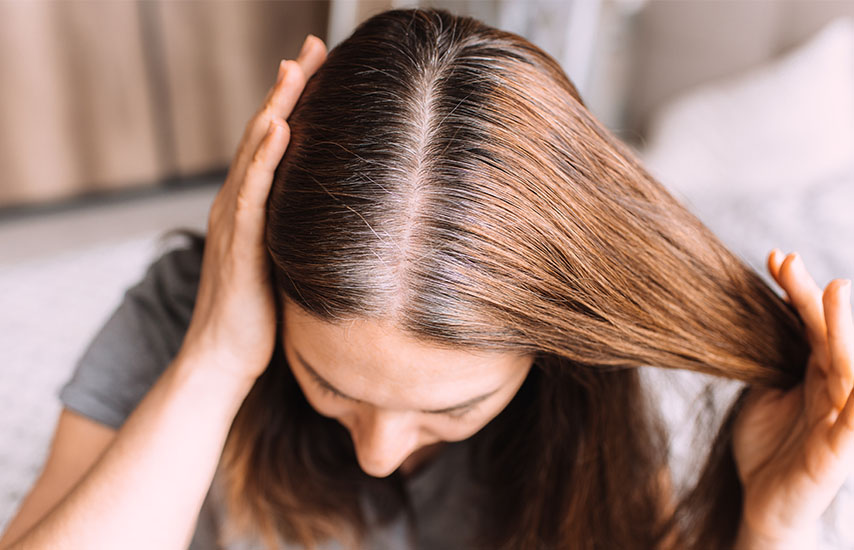
But How to Ensure These Beneficial Nutrients Actually Get to the Hair Follicles?
This is where fulvic acid comes in.
Fulvic acid significantly facilitates the delivery of much-needed nutrients directly to the individual hair follicle.
While replenishing and recycling individual cells with needed nutrients, fulvic acid also “digests” inorganic compounds and balances electrolytes. It also helps the vitamins required for luxurious locks to absorb properly and reduce scalp irritations.
Hair can’t grow properly or thrive without the proper building blocks. You must achieve optimal nutrition first from a balanced diet, and the addition of fulvic acid can quickly improve your scalp and locks.
Fulvic acid contains strong detoxifying and anti-inflammatory properties that prevent androgenetic alopecia (an intense form of hair loss).
In addition, it improves nutrient absorption, helping you attain the vitamins required for healthy hair. It can also enhance your hair’s natural keratin production and helps deliver keratin to the hair, strengthening the individual strands.
A Word From a Nutritionist
Many aspects can affect your body’s ability to grow a full head of healthy hair. Hair loss can be the result of various factors, such as age, poor diet, hormonal changes, or a viral infection. Fulvic acid offers some benefits that may help you tackle the situation.
There are other things you can try to promote healthier hair. Your diet is a good place to start, as this is the best way to get vitamins and minerals for optimal health. Biotin, zinc, and vitamin C are among those touted as important nutrients for maintaining a good head of hair.
You also need to consume an adequate amount of protein because hair is mostly made up of keratin—a type of protein. You can get protein from foods like turkey, fish, eggs, legumes, and nuts. Additionally, you might like to add keratin or other supplements to your regimen.
Conclusion
Fulvic acid benefits, like eliminating toxins, healing, and promoting protein synthesis, create a strong environment for your hair. The right conditions ensure proper growth and healthy hair in the long term. Try a fulvic acid boost to increase your chances of longer, stronger hair.
Plus, it’s always advantageous to use natural products that deliver results without harsh chemicals. Avoid making common hair loss mistakes and start reaching your hair goals.



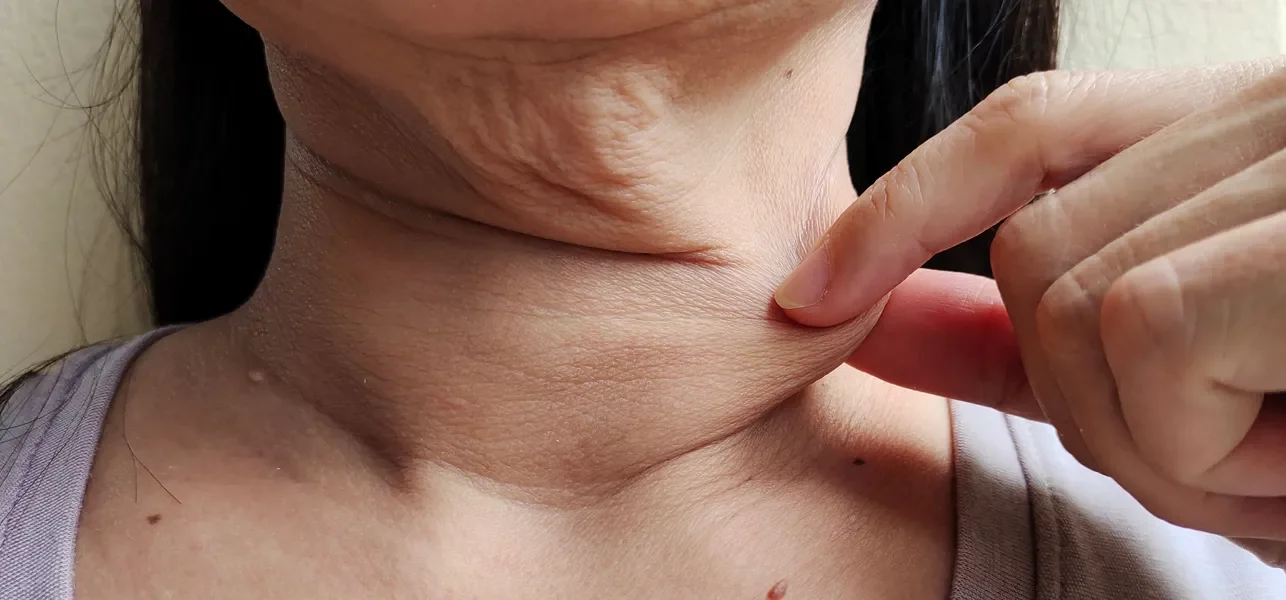
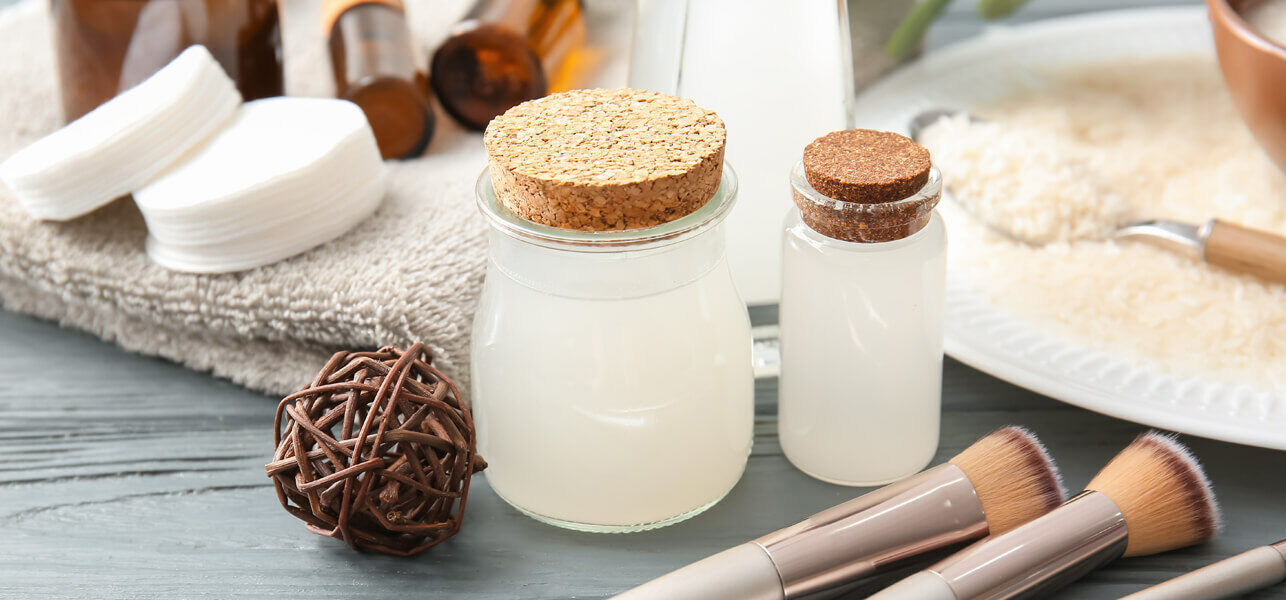
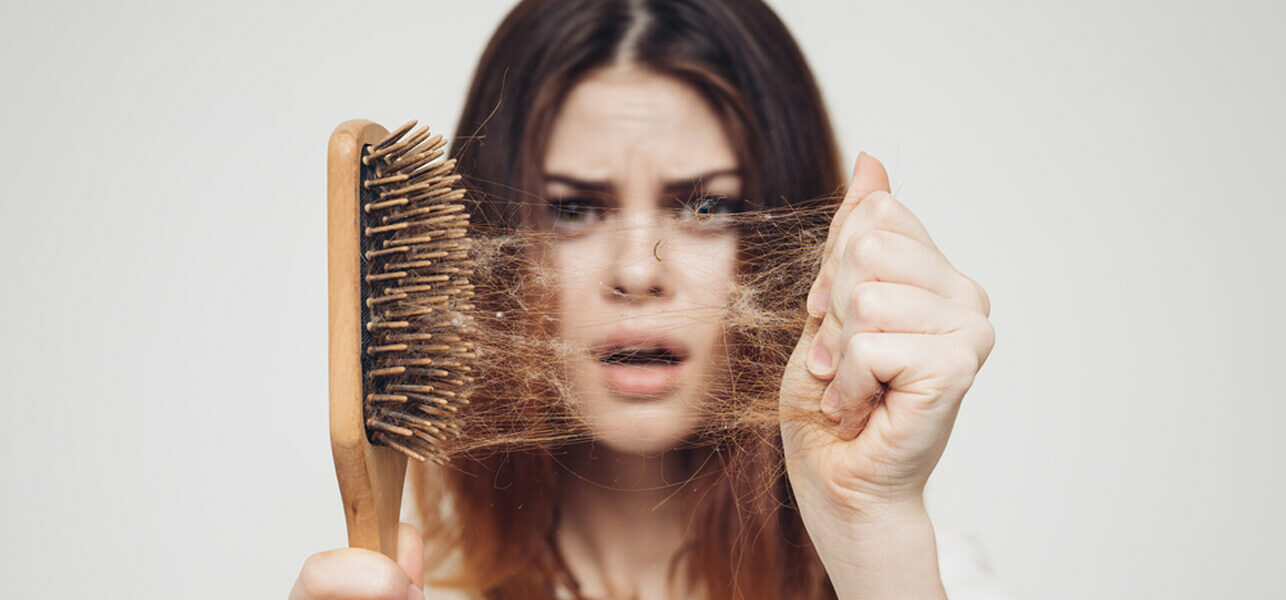
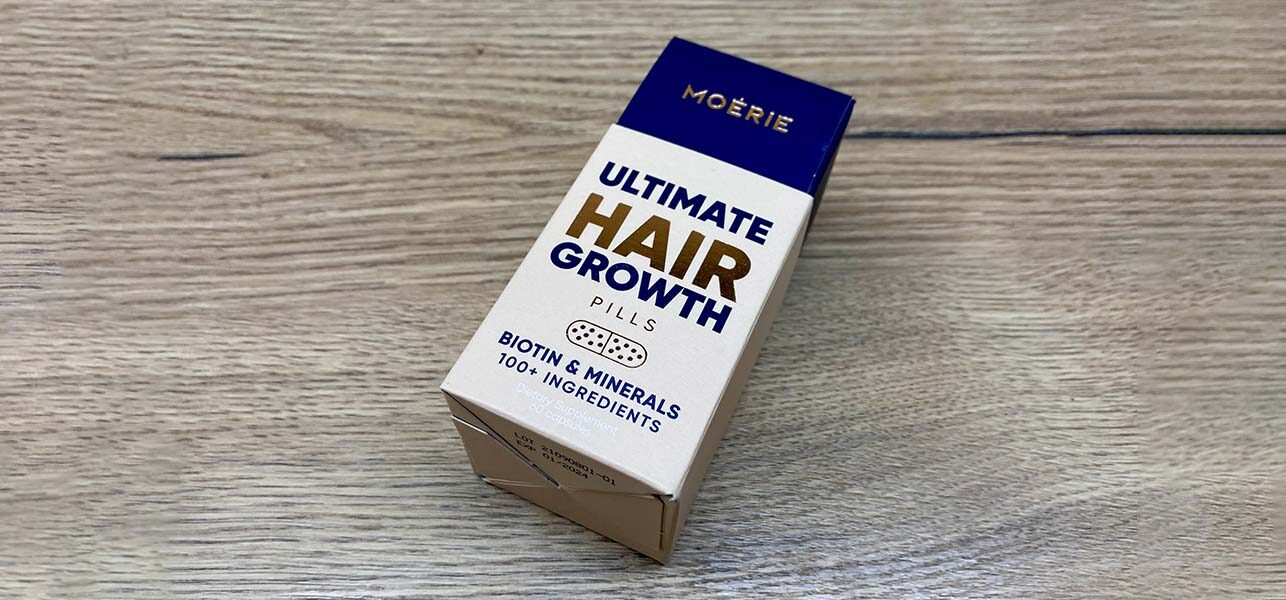
Comments (0)